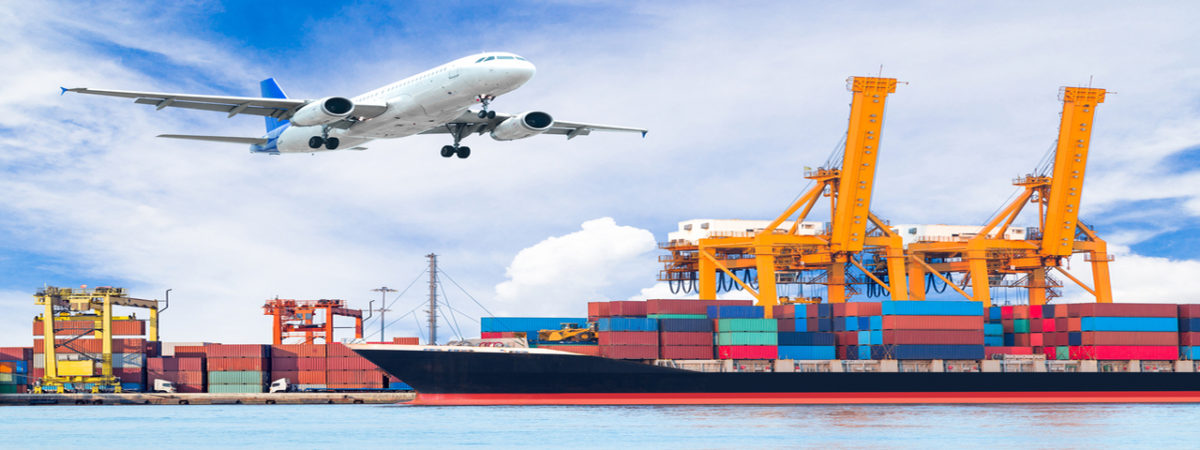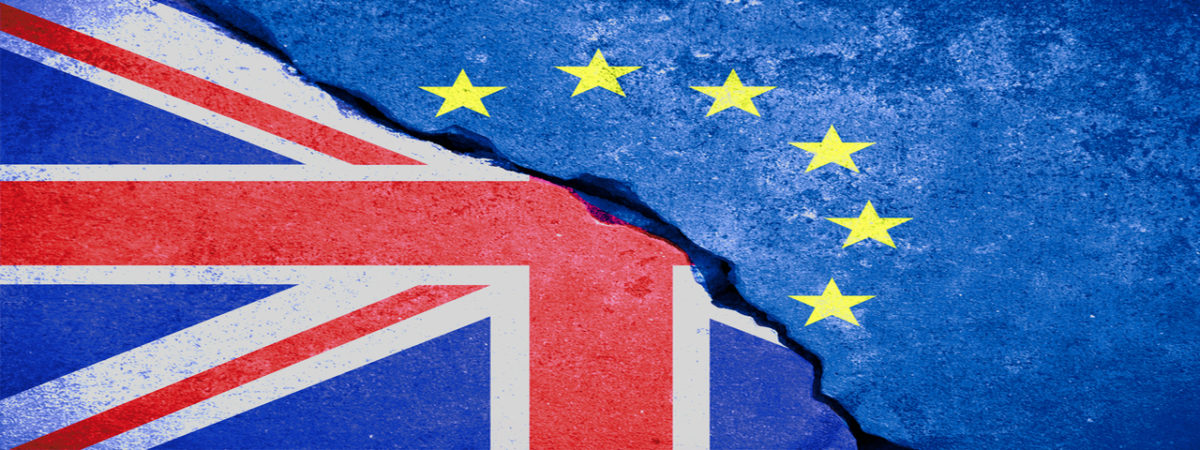Don’t keep it local
SUGGESTED



Such beliefs demonstrate that age-old misconceptions about how wealth is created linger on in the 21st century. The idea that a community will become richer if it clamps down on trade with the rest of the world is the fallacy that inspired self-defeating protectionism for centuries. The discredited system of mercantilism that dominated the global economy from the 16th to 18th centuries depended on the belief that circulating money in the domestic economy, rather than gainfully exchanging it for goods from other countries, was the route to prosperity. Since it was assumed that the amount of money in a nation was fixed, people thought that the best policy was to stop it ‘leaking out’. This led to an obsession with the balance of trade, of which Adam Smith said ‘nothing could be more absurd’.
The problem with mercantilism, as Smith pointed out, was that it confused wealth with money. Money is a token of exchange. The amount of wealth it brings depends on what you can buy with it. An Exeter Pound can only buy what an Exeter business is able to sell. If Exeter businesses were able to guarantee the goods Exeter consumers wanted, there would be no need for them to shop online or out of town in, say, Taunton.
Of course, Taunton might also be tempted to ‘protect itself’ by launching a local currency of its own. This would be self-defeating. The people of Exeter would not be able to buy goods and services from the people of Taunton, in turn, the people of Taunton would now not be able to buy from the people of Exeter.
The point about free trade is that it benefits both parties and, under these policies, trade between Exeter and Taunton would reduce. Like the mercantile system of old, local currency schemes protect some businesses at the expense of consumers. In the long term, they both lose out because businesses in each town cannot sell to consumers in the other town and businesses are less likely to innovate, specialise and improve.
Proponents of the Exeter Pound have expressed their hope that ‘every local economy becomes a circular economy’ but one only has to imagine what would happen if every town in Britain decided to trade exclusively with local firms to see how inefficient this would be. No town would be able to exploit its comparative advantage and everybody would suffer.
The Exeter scheme is, of course, only a voluntary arrangement and nobody is suggesting that people be banned from buying goods from outside the area. It is nevertheless useful to imagine what would happen if no money ‘leaked out’ of Exeter’s to illustrate the folly of the ‘circular economy’. It might not be compulsory, but the Exeter Pound scheme is clearly designed to deter people from spending their money in the most efficient way. As Fredric Bastiat might say, if an Exeter currency benefits the people of Exeter then surely an Acacia Avenue currency would benefit the people of Acacia Avenue. And why stop there? Why not total self-sufficiency?
If buying locally was always the most efficient option, there would be no need for the Exeter Pound to keep shoppers in Exeter. No town and no nation can guarantee the best quality at the lowest prices, nor provide the degree of specialisation and scale of production that leads to a wealthy society. Hence the need for specialisation and free trade. Money needs to ‘leak out’ of the economy so that goods can leak in.
Christopher Snowdon is the IEA’s Director of Lifestyle Economics.
1 thought on “Don’t keep it local”
Comments are closed.





*Full disclosure– I work for a local currency in the US*
The first critical flaw in this argument is that of all local currencies in existence, almost none have the goal of becoming the exclusive currency in circulation. It is for this reason that local currencies are often referred to as complementary currencies– they operate in tandem with national currency. The author even admits this but proceeds to argue the point anyway and indulges in that slippery slope argument.
The second flaw is contained in the statement: “If buying locally was always the most efficient option, there would be no need for the Exeter Pound to keep shoppers in Exeter.” By “most efficient” the author is actually saying “most price efficient” or “cheapest”. Buying locally is often not the cheapest option because local labor may be more expensive and locally-sourced resources might come at a higher price, perhaps because of regulations that protect health or environment.
But if “most efficient” were to take into account the velocity of money, then buying locally is often the most efficient option. Multiple studies have shown that when they are widely-accepted, local currencies circulate much faster than national ones, resulting in a much larger volume of exchanges. For the local economy as a whole, this is much more efficient.
Lastly, free trade includes the freedom to trade in a currency of choice. Just as currency buys goods and services (which people need to live) goods and services purchase currency (which people need to trade with). Thus, currency in itself is a good– a tool for trade– and to restrict the type of currency in usage to restrict the market itself.